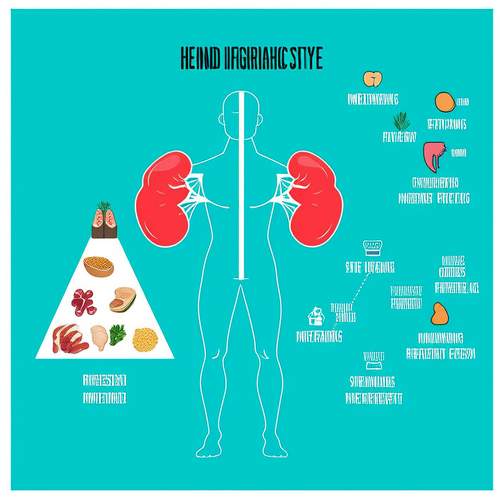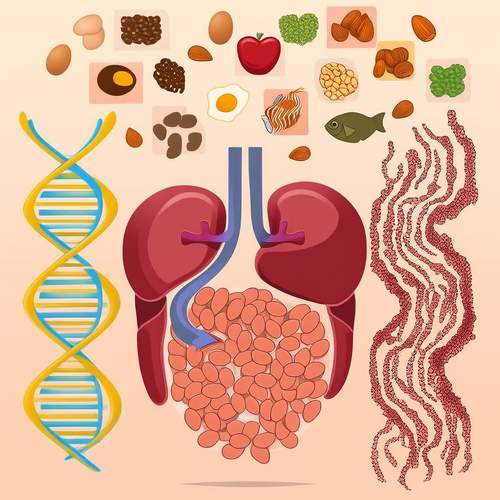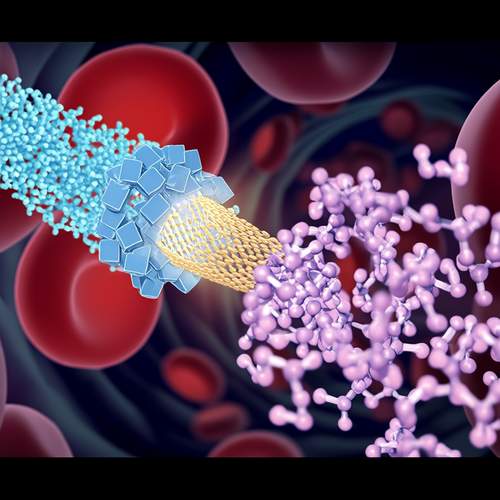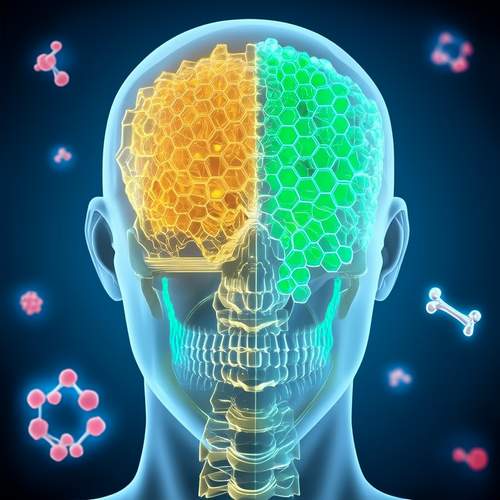In recent years, the quest for optimal brain health has led many to explore the benefits of dietary supplements and nutrient-rich foods. Among these, docosahexaenoic acid (DHA), a type of omega-3 fatty acid, has garnered significant attention for its potential role in cognitive function, memory retention, and overall neurological well-being. Found abundantly in fatty fish and certain algae, DHA is not just another health trend—it’s a vital component of brain cell membranes, playing a crucial role in how our brains develop and perform throughout life.
The human brain is nearly 60% fat, and DHA makes up a substantial portion of this fat. From infancy to old age, this fatty acid supports neural communication, reduces inflammation, and may even protect against neurodegenerative diseases. For pregnant women, adequate DHA intake is essential for fetal brain development, while in adults, it has been linked to improved focus and a lower risk of cognitive decline. Despite its importance, many people fail to consume enough DHA through diet alone, making supplementation a topic worth exploring.
DHA’s influence on brain health begins early in life. Studies have shown that children born to mothers with higher DHA levels during pregnancy tend to score better on cognitive tests in their early years. Breast milk, naturally rich in DHA, further supports this developmental advantage. As we age, the need for DHA doesn’t diminish. Research suggests that individuals with higher blood levels of this fatty acid may experience slower rates of brain volume loss, a common marker of aging and dementia. The anti-inflammatory properties of DHA also contribute to its protective effects, potentially shielding neurons from damage caused by oxidative stress.
While fatty fish like salmon, mackerel, and sardines are among the best dietary sources of DHA, not everyone enjoys seafood or has consistent access to it. For vegetarians and vegans, algae-based supplements offer a viable alternative, as certain microalgae produce DHA in forms that the body can readily absorb. The rise of fortified foods, such as DHA-enriched eggs or milk, has also made it easier for people to incorporate this nutrient into their diets without drastic changes to their eating habits.
Despite the growing body of evidence supporting DHA’s benefits, misconceptions persist. Some assume that all omega-3s are interchangeable, but DHA, eicosapentaenoic acid (EPA), and alpha-linolenic acid (ALA) each play distinct roles in the body. While ALA, found in flaxseeds and walnuts, can convert to DHA in small amounts, the process is inefficient, making direct consumption of DHA or EPA far more effective for brain health. Additionally, the quality of supplements varies widely, with factors like purity, sourcing, and bioavailability influencing their effectiveness.
The future of DHA research holds promise for unlocking even more of its potential. Scientists are investigating its role in mood regulation, with some studies suggesting that higher DHA intake may alleviate symptoms of depression and anxiety. Other areas of exploration include its impact on sleep quality and its potential to enhance neuroplasticity—the brain’s ability to adapt and form new connections. As our understanding of this remarkable fatty acid deepens, one thing remains clear: DHA is far more than just a supplement—it’s a cornerstone of lifelong cognitive vitality.

By /May 21, 2025

By /May 21, 2025

By /May 21, 2025

By /May 21, 2025

By /May 21, 2025

By /May 21, 2025

By /May 21, 2025

By /May 21, 2025

By /May 21, 2025

By /May 21, 2025

By /May 21, 2025

By /May 21, 2025

By /May 21, 2025

By /May 21, 2025

By /May 21, 2025

By /May 21, 2025

By /May 21, 2025

By /May 21, 2025

By /May 21, 2025

By /May 21, 2025